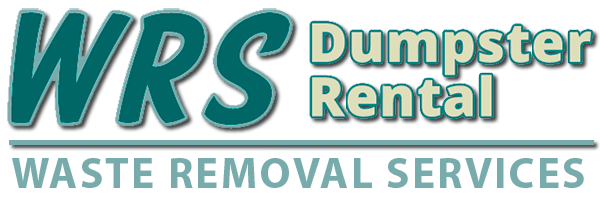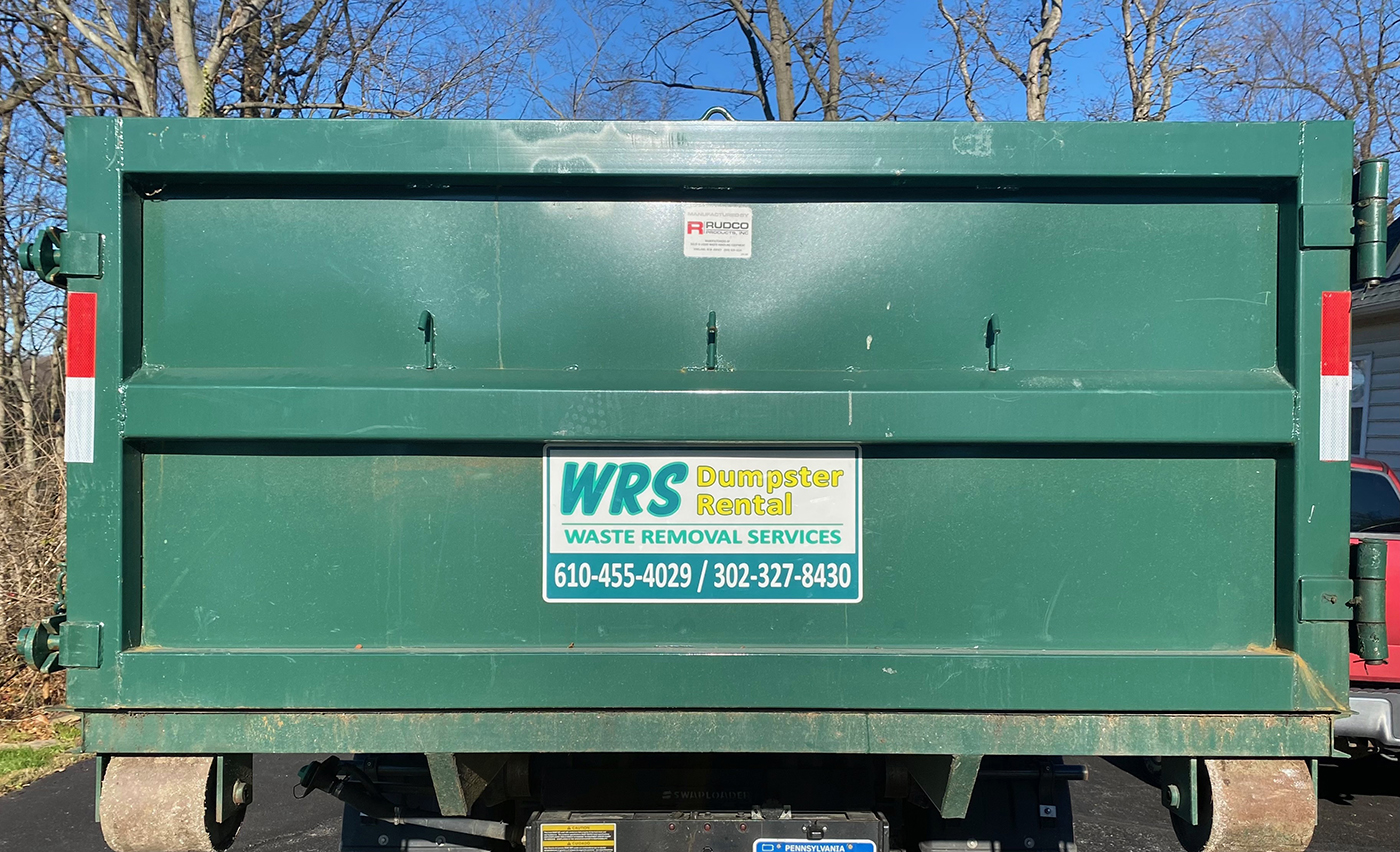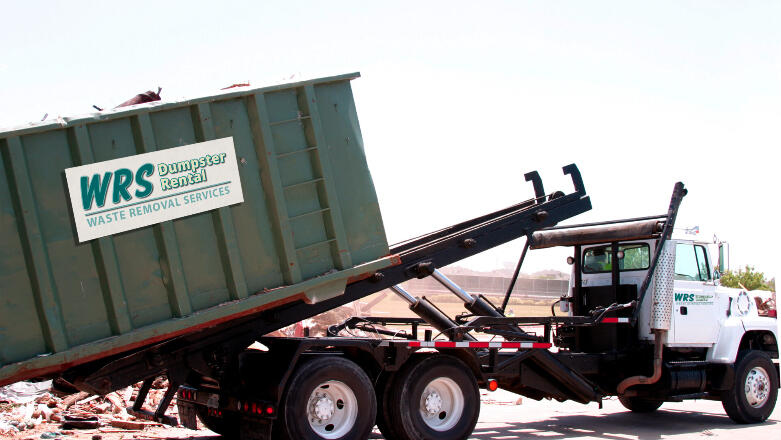Whether working on a renovation project or simply doing spring cleaning, a dumpster is central to your success. After all, you’ll need a place to put all the trash. Plus, a clean worksite translates to a more efficient one.
But you don’t want to approach a dumpster rental mindlessly. You need to carefully consider a wide range of factors, from the cost to the capacity of the bin you need for your project and where best to place it on your property. And so much more in between!
Read on to learn how to rent a dumpster and what mistakes to avoid.
Not Getting Multiple Quotes
When you’re planning to rent a dumpster, it literally pays to shop around. Don’t go with the first dumpster rental site you visit. While it’s tempting to save time, you might miss out on a better deal or special savings elsewhere.
Start by visiting at least two rental companies to get quotes. Remember to leverage one quote to get a better deal at another place. Even if it takes a little work on the front end, getting some savings that help your bottom line is worth it.
Stick with companies that offer local dumpsters for hire, too. You may risk extra fees for deliveries beyond a certain radius if you don’t. Limiting your options to in-town dumpsters can help you avoid this surprise fee.
Renting a dumpster from a faraway company can also make fixing problems that arise during the hire period harder. If a dumpster needs to be emptied sooner than expected or is damaged, it could take longer to find a solution.
Ask for an itemized quote listing everything contributing to the final price. Ask about pickup and delivery fees. And ask what the penalties are for exceeding the rental timeframe or having your dumpster emptied before the pickup.
Some companies may offer competitive discounts if you use them for multiple projects. Or, if you’re pursuing a renovation during a slower time of year, you could get a better deal — this could be in the form of more time or a cheaper price.
Avoid companies that won’t offer you a printed quote. Companies that don’t communicate well could be frustrating to work with down the road.
Renting an Undersized Dumpster
One of the most common dumpster rental mistakes is misjudging your needs. That’s why you’ll want to be sure you’re renting a dumpster to accommodate your project. A good rental company will help size up your job so that you don’t end up with a dumpster that’s too small.
If your dumpster is too small, you may need the company to pick it up and empty it midway through the job. This adds to your costs. Plus, you’ll have the hassle of arranging the pickup and dealing with a delay.
Do an inventory of anticipated waste so you don’t have that problem. For instance, this might mean itemizing oversized items, like old toilets and cabinetry, to help gauge size needs. Work with the company to estimate how much debris you’ll end up with.
Know the general guidelines for dumpster sizes that match different types of tasks. For instance, if you’re gutting and redoing a bathroom, you may need a 10-yard dumpster. This is among the smaller options that can serve home renovations well.
10-yard dumpsters are ideal for deck removals or roof replacements. They’re also great if you’re upgrading a kitchen in a modest home. Move to a 15-yard dumpster if you’re redoing a kitchen and a bathroom.
Other size options include 20-yard dumpsters, which are perfect for flooring replacements or post-storm cleanup tasks. A 30-yard dumpster should get the job done for bigger jobs, like home additions.
Filling Your Dumpster Too High
As you look at roll-off dumpsters and other containers, don’t assume you can fill them past their top opening. All dumpsters will have guidelines regarding how high you can pile junk and debris.
Likewise, dumpsters have weight limits, and many companies are strict about following them. Before renting, ask the rental company what happens if you surpass the weight limit. You don’t want to be hit with a stiff penalty fee.
There are rules regarding weight and height limits for a reason. While dumpsters are handy at a worksite, roll-off dumpsters can become dangerous if overfilled.
For the employee picking up the dumpster, an overloaded one risks having debris fall out of it. This presents a safety hazard for the employee and anyone else nearby. It also can put extra strain on the vehicle tasked with moving it.
The company might even refuse to remove the dumpster in risky scenarios. This means you’ll need to unload items first.
Ultimately, as a renter, you’ll need to follow the company’s policies to keep everyone safe. These should be outlined in your contract. And a company employee should review them with you to help ensure compliance.
Not Planning Your Dumpster’s Placement
When you rent a dumpster, be sure to consider where it will go first. This is partly to help the dumpster rental company know where to deliver it and to ensure that you’re abiding by local regulations.
Unless you can wedge it into a driveway or front yard, you might need a permit. Some places may not allow dumpsters to sit on the street. When in doubt, contact your local governing agency to avoid getting socked with a fine.
In the same vein, your neighborhood association may have rules. For example, you might have a time limit for a dumpster to be in your driveway, or perhaps there are size limitations.
Also, be considerate of your neighbors as you determine where to place a dumpster. You don’t want to block someone’s driveway. And you don’t want to plan on putting a dumpster too close to a fire hydrant or in someone’s typical parking spot.
Further, you’ll need to consider where to place your dumpster from an accessibility standpoint during your project. In some cases, you may be limited in options. For example, if you live in a densely populated urban block, you could have only one option.
But if you have choices, evaluate them. For example, you might be able to place the dumpster closer to a door or window where you’ll be removing debris. A well-placed dumpster can shave time off your project.
Putting Harmful Items in the Dumpster
A dumpster rental has rules governing what can and cannot be put in it. As the one making the rental, you’ll need to abide by these rules, which could lead to fines.
Batteries, paint, and other chemicals don’t belong in dumpsters. They could end up in a landfill, and since they’re flammable, they could cause fires and explosions that put everyone’s safety at risk.
In general, avoid putting automotive oils, inks, and gasoline in dumpsters. You also should steer clear of contaminated soil. This is particularly important if you’re using a dumpster to clear out yard waste as part of a landscaping project.
Additionally, you’ll want to factor in environmental concerns and ask about how the rental company handles them. They should already have a recycling practice underway. That means they’ll take the time to ensure that only those items that can go to a landfill do.
Steer clear of companies that can’t articulate their environmental plan. This might mean they’re sidestepping EPA regulations or cutting corners elsewhere.
Choosing an Unknown Rental Company
Finally, be sure that you’re renting a dumpster from a vetted company. While going with a new or unknown company might be cheaper, it also means you might get a company that’s not as prompt or organized.
Look online to see if a company you’re considering has a professional website. You’ll want to be able to see the services they offer and inventory options. The website should also have contact information and details about the company’s experience.
Be sure to look for reviews online, too. Yes, you may be able to find testimonials on the company’s website. However, these may be biased and only reflect the best experiences.
Looking for reviews through a search engine should give you less biased input as you consider options. It’s wise to avoid companies without any reviews and those with several recurring complaints.
Choose a company that has been around for several years. They should be willing to give you the names of satisfied customers you can contact for information. Further, they should have a positive reputation in the community.
Learn How to Rent a Dumpster
When you know how to rent a dumpster, you can avoid making costly mistakes. Get several quotes to compare prices, and be clear that you’re getting a dumpster that’s the right size for the job. Know where your dumpster will be able to fit and don’t put hazardous materials in it.
At WRS Dumpster Rental, we bring over twenty-five years of experience in the waste removal industry. If you’re hunting for a dumpster, we have the expertise and affordable prices to fit your needs. Contact us today!


